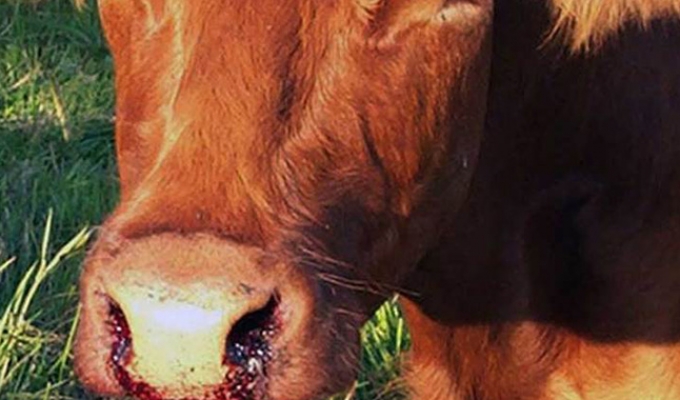Zimbabwe is currently facing an anthrax outbreak that has killed 36 animals and infected 518 people in four districts: Chipinge, Hurungwe, Gokwe North and Gokwe South.
The outbreak is believed to have originated from hippos in the Zambezi basin, which is shared by Zimbabwe and Zambia. The hippos can spread the disease to other wildlife species such as lions, jackals and hyenas, and then to livestock and humans.
Anthrax is a deadly disease that can infect both humans and animals. It is caused by a type of bacteria that can form spores that can survive in the soil for years. When animals graze on contaminated grass or drink from infected water sources, they can get anthrax. When humans eat meat from infected animals or touch their blood or skin, they can also get anthrax. Anthrax can cause swelling, bleeding, difficulty breathing and sudden death in animals. In humans, it can cause fever, headache, nausea, vomiting, skin lesions and breathing problems. Anthrax can be treated with antibiotics if detected early, but it can be fatal if left untreated.
The government is taking urgent measures to control the outbreak and prevent further spread. The Department of Veterinary Services has mapped out 31 anthrax hotspots in the country, where the disease is known to occur every year. It has also identified the areas where wildlife, livestock and humans interact, which are at high risk of transmission. These areas are along the borders of national parks and conservancies, such as the Hwange National Park.
The government has already started vaccination and has 436 000 doses. In Gokwe South, more than 57,000 cattle have been vaccinated so far. However, this is only 21% of the total requirement. The country needs between 1.6 and 2 million doses of anthrax vaccine to effectively control the disease. The Government is in the process of developing a vaccine and now at an advanced stage.
The Acting Chief Director in the Department of Veterinary Services, Dr. Pious Makaya, has issued the following advice to the general public:
- Do not eat meat from animals that die from unknown causes. Report any suspicious deaths to the veterinary authorities, who will dispose of the carcasses and disinfect the area.
- Do not touch or handle any animal that shows signs of anthrax, such as swelling, bleeding, difficulty breathing or sudden death. Wear protective gloves and clothing if you have to deal with such animals.
- Seek medical attention immediately if you develop any symptoms of anthrax.
- Report all suspected animal infection cases to the veterinary department.
Vaccinate your animals against anthrax if you live in a hotspot or an interface area. You can buy the vaccine from the market or from the veterinary services.
Dr. Makaya said that anthrax is a serious threat to public health and animal welfare, and urged the nation to be vigilant and cooperate with the authorities. He said that the government is committed to containing the outbreak and protecting the lives and livelihoods of the people.

